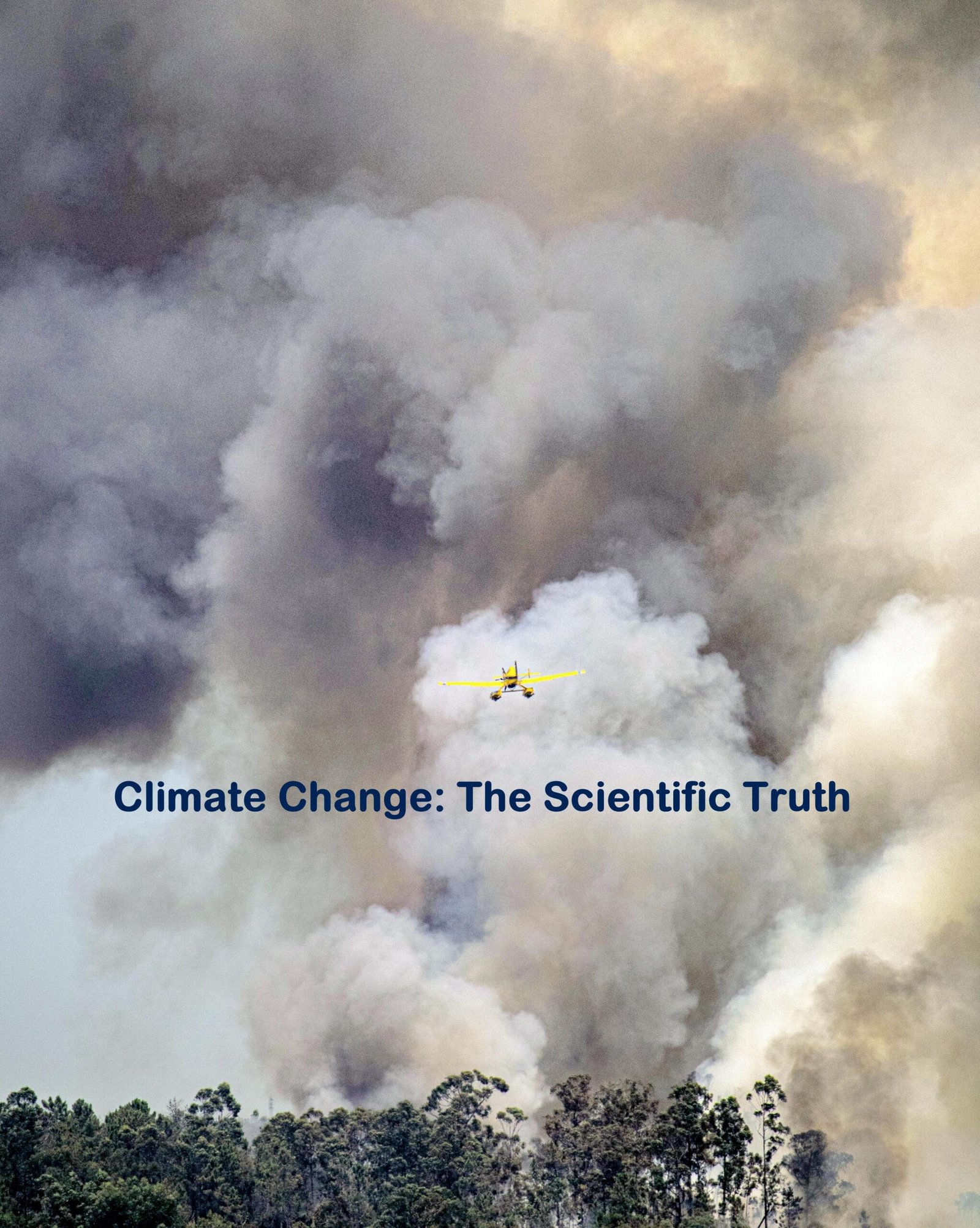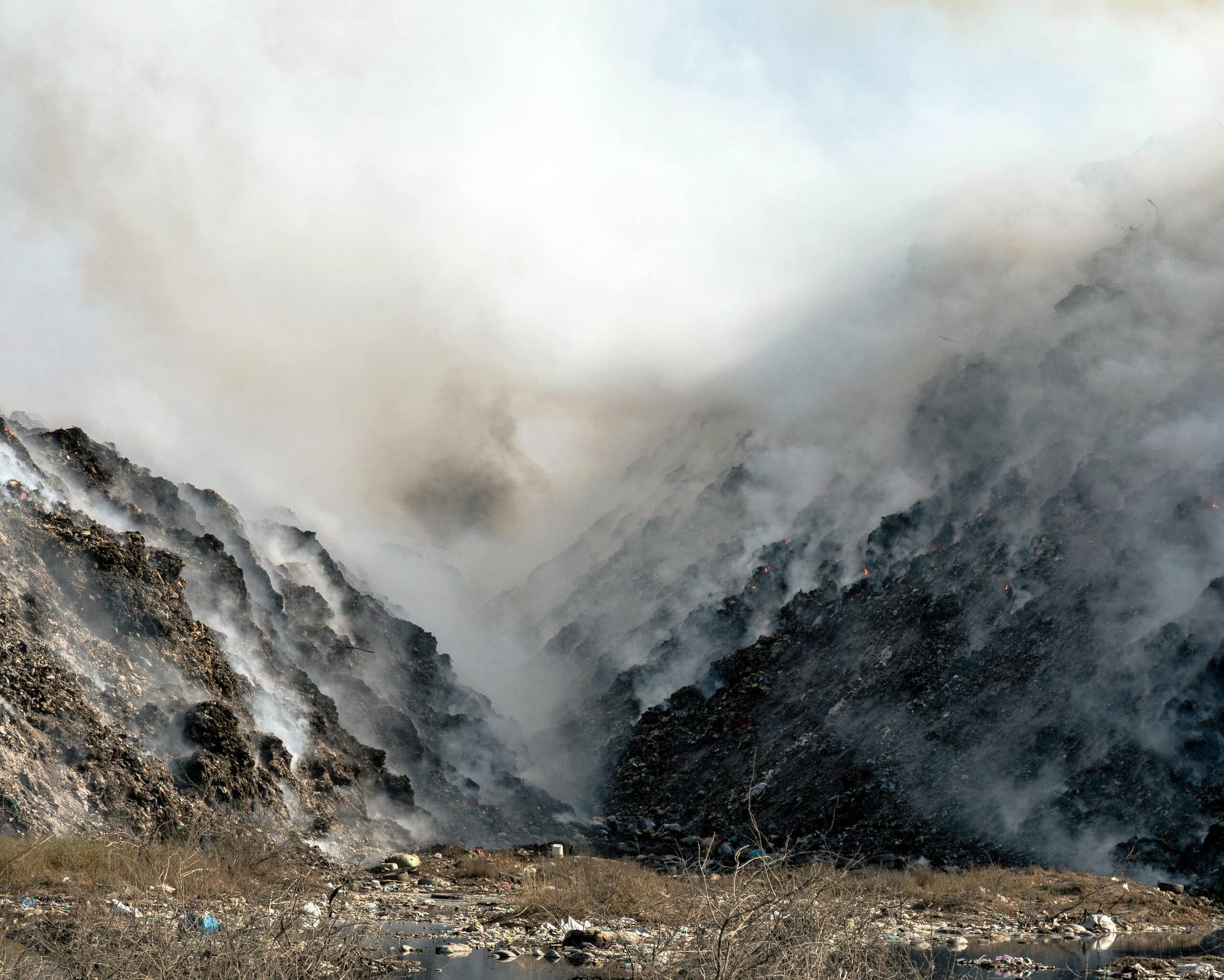Our Alien Ecosystem and Strong Environmental Challenges
October 31, 2024 | by gohar.ayub714@gmail.com
 Photo by Katie Rodriguez on Unsplash
Photo by Katie Rodriguez on Unsplash 
The Role of Ecology in Modern Environmental Conversation
Ecology serves as a fundamental pillar in understanding the complexities of our environment.
By examining the interactions between organisms and their surroundings, ecological principles provide invaluable insights into pressing issues. Which are climate change, biodiversity loss, and sustainable practices?
The interplay of species within their ecosystems illustrates how every organism contributes to the stability and functionality of ecological communities.
This complex network of life is referred to as food webs. It demonstrates the dependencies that exist among various species, thus highlighting the need to preserve these connections.
One of the most critical contributions of ecology to environmental discourse is the concept of ecosystem services. These services, which encompass provisioning, regulating, supporting, and cultural functions, underscore the benefits that humans derive from natural ecosystems. Recognizing and valuing these services elucidates the importance of maintaining healthy ecosystems, as their degradation can have far-reaching consequences not only on biodiversity but also on human wellbeing.
By integrating ecological knowledge into environmental policies, decision-makers can adopt more sustainable practices that prioritize ecological resilience.

Effective conservation requires a comprehensive understanding of species interdependencies and habitat requirements. Policies informed by ecology are more likely to address the systemic issues driving loss of biodiversity and environmental degradation. Furthermore, ecological literacy fosters public awareness and engagement, empowering communities to advocate for responsible environmental stewardship. In closing, ecology is more than an academic discipline; it is a crucial component in modern environmental discussions, guiding actions aimed at creating a sustainable future for all living beings on our planet.
Innovative Approaches to Addressing Pollution and Promoting Sustainability
In recent years, there has been a surge in innovative strategies aimed at tackling pollution and fostering sustainability.These approaches not only target the reduction of harmful emissions but also promote the efficient use of resources across various sectors. One prominent strategy is the advancement of renewable energy technologies, which significantly contribute to decreasing reliance on fossil fuels. Solar, wind, and hydroelectric power have gained momentum, providing cleaner alternatives that help to mitigate air pollution and reduce greenhouse gas emissions.

Equally important are waste reduction initiatives that encourage businesses and communities to adopt circular economy practices. These strategies emphasize the importance of reusing and recycling materials, thus minimizing waste and reducing the ecological footprint. For instance, companies are increasingly implementing zero-waste policies, which aim to divert at least 90% of waste from landfills through innovative waste management techniques. Such practices not only conserve resources but also encourage a shift in consumer behavior towards more sustainable choices.
Sustainable agriculture also plays a critical role in reducing environmental impact and combating climate change.
By integrating techniques such as crop rotation, permaculture, and organic farming, farmers can enrich soil health and promote biodiversity while simultaneously reducing the use of chemical fertilizers and pesticides. Communities supporting local food systems and farmers’ markets enhance food security and reduce transportation emissions, aligning with broader sustainability goals.

The success of these innovative approaches can be illustrated through various case studies. For instance, a city that implemented solar energy projects saw a significant reduction in pollution levels and energy costs for citizens. Similarly, a company that adopted a zero-waste strategy achieved substantial financial savings while minimizing its environmental footprint. These examples serve to inspire and motivate readers to embrace eco-friendly practices in their own lives, fostering a collective effort towards a sustainable future.
For More Blogs, Visit
https://strngerenvironment.com/environmental-science-and-climate-change-finding-sustainability/
https://www.imf.org/en/Blogs/Articles/2018/12/12/top-5-blogs-on-climate-change
RELATED POSTS
View all



